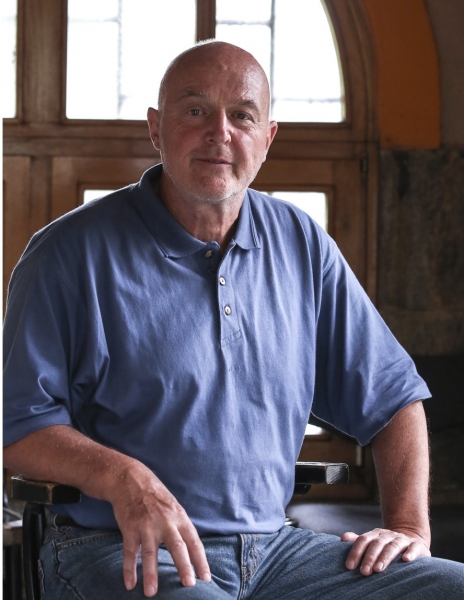Let’s support the Declaration of Principles for the regulation of cannabis in the Republic of Slovenia
Date: 02.02.2018
''The declaration is not a legally binding act, but it can serve as an expert guidance for the current Slovenian government to implement more common sense and evidence-based measures regarding cannabis and its regulation in Slovenia.''

Dušan Nolimal, M.D., M.S.P.H.
President of the Organization Board
Cannabis products can be among the safest and most powerful painkillers, if used judiciously, and we are expecting more indications for the use of this healing plant. Justifiably we question how it is at all possible that about 60 years ago the United Nations placed cannabis on the list of very dangerous and illicit psychoactive plants and substances. Even today many stories are told in the public about the serious dangers of cannabis to preserve its ban that is primarily of benefit to criminals, lawyers, bureaucrats and certain large corporations. The problem is not in the lack of information, but in the dissemination of disinformation. For this reason, the classification of cannabis in the system of international control of dangerous drugs represents a unique historical anomaly, which should be examined and eliminated as soon as possible, since this fact led to stigmatization of the plant and its users and slowed the development of medicines based on cannabis or cannabinoids for several decades. Only few start research in the field of cannabis without prejudice. The influence of bias does not merely involve the final explanation of the findings, but it is already evident in the gathering of facts and exaggeration in relation to its threats to health; therefore, cannabis is still classified in the group of very dangerous drugs to human health due to the serious consequences their abuse can cause. As many as 85% of criminal acts and offenses due to illicit drugs are related to cannabis, most often used for personal use. The courts are filled with cases related to cannabis, which burdens the already overcrowded criminal justice system and exhausts the treasury. The ineffectiveness of the ban and punishment is embodied also by the fact even in the most protected prisons cannabis can be obtained.
The prohibition and punishment policy imposed by current legislation and the national drug strategy are not effective in reduction of access to cannabis for minors; 45% of Slovenian high school students believe that cannabis is fairly or easily accessible. Worrying information about the irrational, unnecessary and harmful nature of the cannabis ban and the attempts to intimidate those who think differently have awakened many doctors and scientists to start cooperating and actively opposing prohibitions that hinders the search for better solutions for children, patients, clients and residents in general. We opened a serious public debate and suggested investing in the research and legalization of cannabis for medical use and gradual access and new regulation of cannabis for the adult population.
In the pursuit of our profession, we are autonomous and independent in the limits of our professional competence. For our work we are foremost responsible to our conscience, patients and the community. We do not need to advocate smoking of cannabis if we are against its prohibition. We strive for critical transfer of knowledge and implementation of evidence based policy in this field. In cooperation with an organization from the USA Doctors for Cannabis Regulation (DFCR), we started with the preparation of the "Declaration of Principles for the regulation of cannabis in the Republic of Slovenia". In this document we draw attention to the price of the ban and express disagreement with the fake policy that hinders research and the medical use of cannabis and cannabinoids. There is plenty of room for improvement. The declaration is not a legally binding act, but it can serve as an expert guidance for the current Slovenian government to implement more common sense and evidence-based measures regarding cannabis and its regulation in Slovenia. Therefore, I kindly invite you to become familiarized with and support the "Declaration of Principles for the regulation of cannabis in the Republic of Slovenia ".
 Slovensko
Slovensko Deutsch
Deutsch


